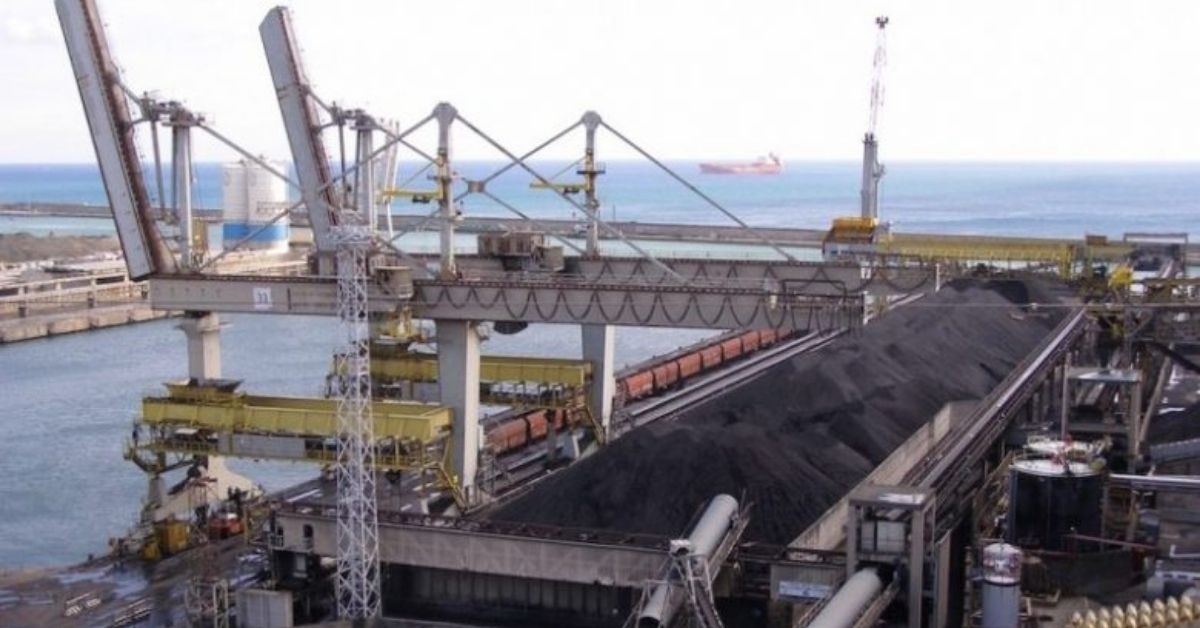Charterers and shipowners are coming under renewed pressure to stump up cash to alleviate the anguish and monotony of the hundreds of crews caught up in China’s coal spat with Australia.
Beijing has banned a range of Australian products including coal after Canberra called for an international investigation into the origins of the coronavirus. Many coal carriers have been left stranded at Chinese anchorages, some since June last year.
According to the International Transport Workers’ Federation (ITF), more than 60 vessels are thought to still be unable to unload their Australian cargoes such as coal and undertake much-needed crew changes of the seafarers. A rising number of seafarers have been onboard vessels for longer than a year, with some stuck at sea for as many as 20 months, including a number of months spent anchored off northern China during an especially brutally cold winter.
“It’s expensive, but it’s the right thing to do.” That’s the message from the ITF, calling on companies to pay the millions of dollars required to get seafarers off ships.
“MSC has led the way by paying the necessary costs and penalties to charterers and cargo owners in order to rescue the crew of their ship, the Anastasia, and see them rescued from their six-month floating prison via a port in Japan” said ITF president Paddy Crumlin.
“We call on all responsible shipowners to follow MSC’s lead and perform these long-overdue crew changes,” Crumlin said, adding: “It will be costly for these shipping companies, but it is absolutely necessary to preserve the health, lives and human rights of these seafarers.”
The ITF reported a number of seafarers have already attempted suicide on these ships. Health conditions are worsening and medical supplies are running low on some vessels. In some cases local Chinese authorities have blocked seafarers from accessing medical professionals, including urgently-needed hospitalisations.
Crumlin said that a long-term solution still required China to introduce protocols to allow for crew changes for all foreign seafarers. Until China brought in regular crew changes, he said that shipping companies had a humanitarian duty to preserve the lives and welfare of seafarers employed on their ships by diverting ships to neighbouring countries.
“China has failed to put aside its bickering with Australia and respond to this man-made humanitarian disaster just kilometres from its coast. Australia, too, has too often put politics ahead of crew welfare. We call on the industry to step up where the governments have failed: show some leadership and get these desperate people off your ships. MSC has proven it is possible,” he said.
Speaking with Splash today, John-Kaare Aune, the interim CEO at Wallem Group, discussed the plight of the crew onboard the Declan Duff, a 93,253 dwt Wallem-managed bulk carrier, which has been anchored in Jingtang port since July last year.
“The seafarers are innocent victims of this very unfortunate situation,” Aune said. The Wallem boss said companies needed to hatch solutions together to resolve the humanitarian crisis.
“Provided cargo receivers and charterers could agree to not penalising each other the vessels could immediately proceed to alternative ports for carrying out the necessary crew changes and restock the provisions onboard. It is a real humanitarian crisis that we are seeing and it is time for the charterers and receivers to take immediate action,” Aune said.
Source : Splash








